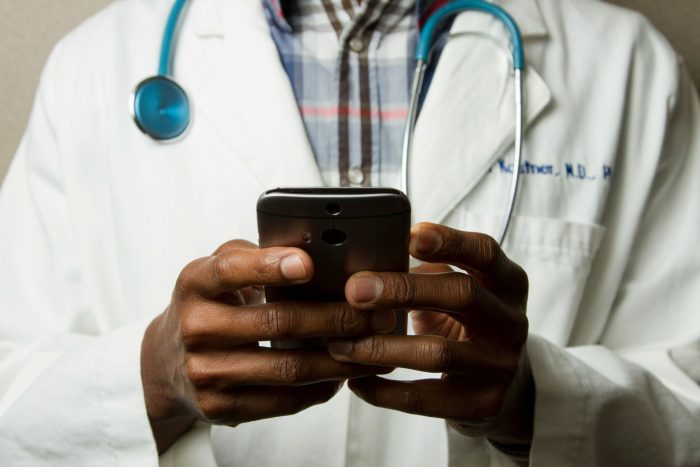Healthcare organizations can now build their own Copilot experiences using the new Azure AI Health Bot services
The new capabilities are available in a private preview.
2 min. read
Published on
Read our disclosure page to find out how can you help Windows Report sustain the editorial team Read more

Along with the newly-announced TRAIN initiative, which sees the partnership of dozens of healthcare organizations with Microsoft to advance the AI capabilities in the healthcare industry, the Redmond-based tech giant is also introducing new services to the Azure AI Health Bot, allowing healthcare organizations to build their own Copilot experiences.
In a blog post, Microsoft says:
We’re adding new healthcare-specific safeguards for generative AI in private preview within the Azure AI Health Bot services. Preview customers can experience an integration with Microsoft Copilot Studio, allowing healthcare organizations to build their own copilot experiences.
Microsoft
There is already a private preview available and customers can now sign up for it to make use of the newest generative AI capabilities, such as:
- Power generative answers that are grounded on customer’s own sources.
- Generative answers that are grounded on the customer’s websites.
- New healthcare intelligence capabilities to incorporate generative answers grounded on credible healthcare sources.
- Seamlessly use pre-built protocol-based healthcare intelligence capabilities such as symptom checkers and triage.
- Credible generative AI fallback ensures reliable and accurate responses in healthcare-related scenarios.
Microsoft is also providing healthcare organizations with built-in safeguards that could fit each organization’s unique requirements and needs. These are now available in the private preview and include:
- Clinical safeguards include healthcare-adapted filters and quality checks to allow verification of clinical evidence associated with answers, identifying hallucinations and omissions in generative answers, credible sources enforcement, and more.
- Healthcare chat safeguards include customizable AI-related disclaimers that are incorporated into the chat experience presented to users, enabling the collection of end-user feedback, and analyzing the engagement through built-in dedicated reporting, as well as healthcare-adapted abuse monitoring, among other things.
- Healthcare-adapted compliance controls include built-in Data Subject Rights (DSRs), pre-built consent management, out-of-the-box audit trails, and more.
According to Microsoft, many healthcare organizations already implemented these new Copilot healthcare experiences with their infrastructure, including Roche Pharmaceuticals or Ramsay Santé.
You can read the full blog post here.








